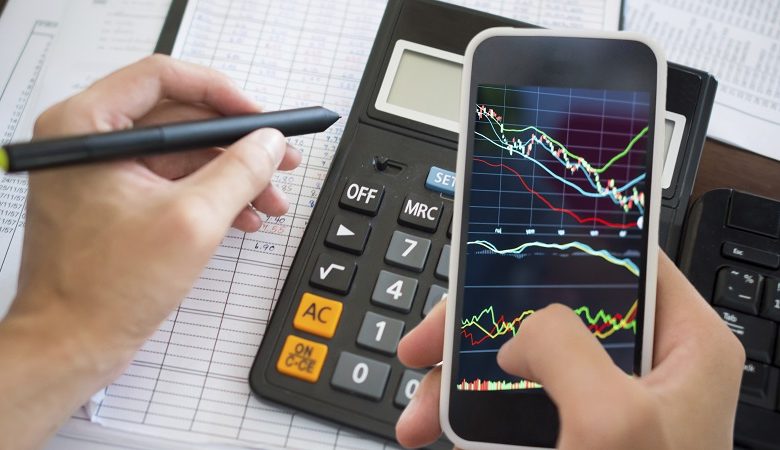
Being disappointed at insufficient supplies of favourite goods in the market is widespread. But have you ever thought of who regulates the market? A market is a place that runs majorly on demand and supply, and an economist is a person who studies trends related to the demand and supply of the market. Moreover, learning about the supply and demand of the market is a significant economic activity of any country, thus leading universities of economics courses at bachelor’s and master’s levels to nurture individuals with a great understanding of economic theories and concepts.
After completing senior secondary schooling, many students often look to earn a professional degree that can make them employable. Therefore, a three to four-year-long graduate-level B.Sc.Economics deals with the distribution, production, and consumption of goods and services in the market. B.Sc. in Economics is one of the oldest education programmes. However, educational institutions have introduced various courses in this domain to cope with the dynamic economic environment.
Types of programmes offered in Economics
In India, B.Sc. Politics, Economics, and Society, is a popular programme among students. Another programme in Economics is B.Sc. Economics with Data Science. This programme aims at teaching economic theories and their application in understanding the economic decision of businesses, governments, and other economic entities. Though mathematics and quantitative techniques are widely used to teach economic theories and applications, the course will use data science to teach programming, machine learning, and artificial intelligence to solve real-life economic problems.
Individuals with a B.Sc. in Economics and other similar qualifications can become the most in-demand professional as they work for the economy, which is a deciding factor in a country’s overall growth and development. If your next step is earning a B.Sc. degree, consider opting for B.Sc. Economics, you have landed the right article. Take this opportunity to learn about a B.Sc. in an economics degree programme.
B.Sc. Economics: Programme Structure
Even though the programme structure of B.Sc.Economics highly depends upon the university. However, the core structure of the course remains similar throughout.
- Macroeconomic
- Microeconomics
- Monetary System
- Mathematical Aptitude in Economics
- Elements of Public Finance
- International Trade and Policy
- International Economics
- Introduction to Development Economics
B.Sc. Economics: Career Prospects
Economics, being a significant part of many sectors, offers an array of career prospects. The stock market, banking, finance, marketing, and sales are some popular fields that hire economics graduates. The government sector, investment firms, public undertakings, and business journals are significant employment-generating areas for an economics graduate. Therefore, career prospects after earning a degree in Economics are vast, leading to a fulfilling professional life.
Job roles offered to B.Sc. in Economics graduates
The roles and responsibilities of an Economistare vast. Therefore, they can work in diverse roles, including the following:
- Economic Researcher
- Data Analyst
- Financial Planner
- Actuary
- Financial Consultant
- Financial Risk Analyst
- Investment Analyst
- Economics
- Public Sector roles
As we all know how deeply economics is rooted in our lives, building a profession in this domain can assure an individual with a futuristic career. To learn more about this course, log on to our website now!






